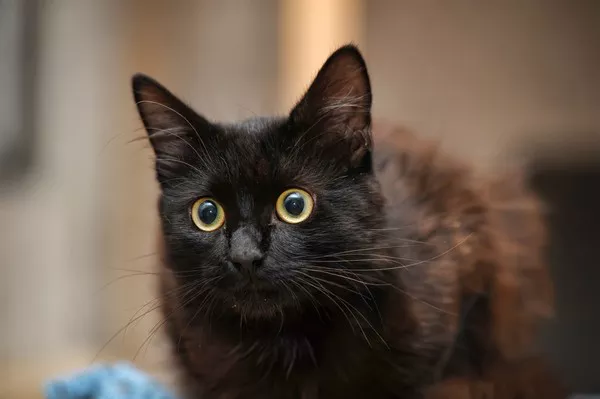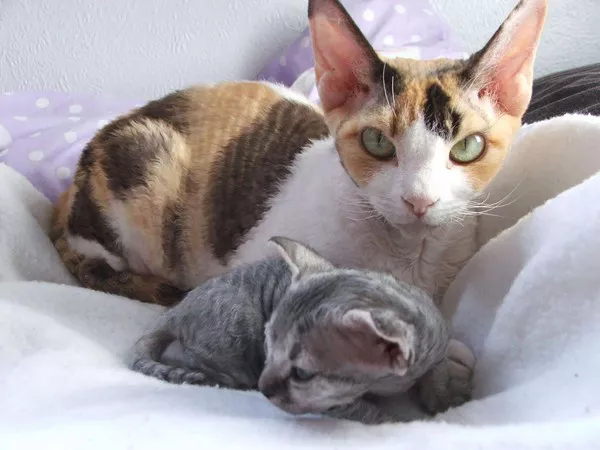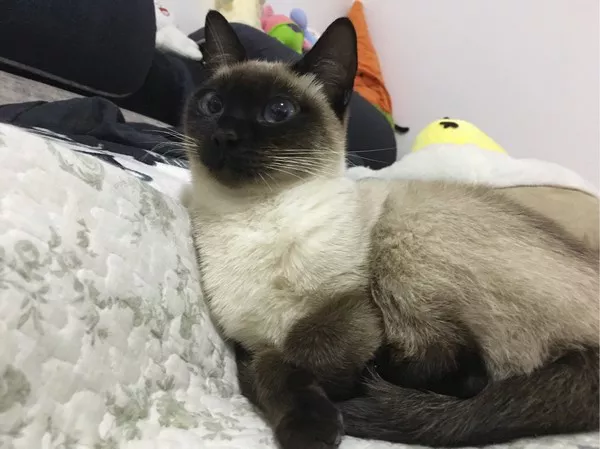Cats, known for their independent nature, have adapted to various living environments, including the indoors. As more feline companions become permanent residents of households, a common question arises among pet owners: Do indoor cats require special food? This article delves into the nutritional considerations for indoor cats, exploring whether specialized diets are essential for their well-being.
Understanding the Indoor Cat Lifestyle:
Unlike their outdoor counterparts, indoor cats lead a more sedentary lifestyle. Limited space and reduced opportunities for physical exercise can impact their overall health. Indoor cats may face challenges such as weight management, boredom, and potential stressors related to the indoor environment. As responsible pet owners, addressing these factors includes providing a balanced and appropriate diet.
Basic Nutritional Needs of Cats:
Before exploring the specific needs of indoor cats, it’s crucial to understand the fundamental nutritional requirements for all felines. Cats are obligate carnivores, meaning their diet should primarily consist of animal-based proteins. Essential nutrients for cats include:
Proteins: Vital for muscle development, maintenance, and overall body function.
Fats: Provide a concentrated source of energy and support various physiological functions.
Carbohydrates: While not a primary energy source, carbohydrates can contribute to a well-balanced diet.
Vitamins and Minerals: Essential for overall health, including bone health, vision, and immune function.
Water: Crucial for hydration and maintaining proper organ function.
Special Considerations for Indoor Cats:
Weight Management:Indoor cats are prone to weight gain due to reduced physical activity. Specialized diets with controlled calorie content can help prevent obesity and related health issues.
Hairball Control: Indoor cats may groom themselves more frequently, leading to increased hairball formation. Diets with added fiber or specialized formulations can aid in hairball control.
Dental Health: Limited access to outdoor activities can impact dental health. Dental-friendly diets, including dry kibble or dental treats, may contribute to oral hygiene.
Enrichment and Mental Stimulation: Indoor cats may experience boredom, stress, or anxiety. Diets enriched with nutrients supporting cognitive health can contribute to their overall well-being.
Choosing the Right Cat Food:
High-Quality Protein Sources: Look for cat foods with animal-based proteins as the primary ingredient. This aligns with their natural carnivorous diet.
Balanced Nutrition: Ensure the cat food provides a balanced combination of proteins, fats, and carbohydrates, meeting the specific life stage needs of your cat.
Avoid Fillers: Opt for cat foods with minimal fillers or unnecessary additives. High-quality ingredients contribute to optimal nutrition.
Weight Management Formulas: If your indoor cat faces weight-related challenges, consider specialized weight management formulas that control calorie intake.
Hairball Control Varieties: For cats prone to hairballs, explore cat food options designed to assist in hairball control. These diets typically contain added fiber for improved digestion.
Dental Health Formulations: Dental health is crucial for cats. Select cat foods that support oral hygiene, and consider incorporating dental treats or toys for additional dental care.
Consultation with Veterinarians: Before making significant changes to your cat’s diet, it’s essential to consult with a veterinarian. Veterinarians can provide personalized advice based on factors such as age, weight, health conditions, and lifestyle. Regular check-ups ensure that your cat’s nutritional needs are met and any potential health issues are addressed promptly.
Conclusion:
While indoor cats may not roam the great outdoors, their nutritional needs remain a priority for responsible pet owners. Choosing the right cat food, considering their specific lifestyle, can contribute to a long and healthy life for your feline friend. From weight management to dental health, specialized diets tailored to indoor cats address unique challenges, ensuring their nutritional requirements are met with precision. By combining a balanced diet with regular veterinary care and enriching their indoor environment, you can provide the optimal foundation for your indoor cat’s well-being and happiness.


























